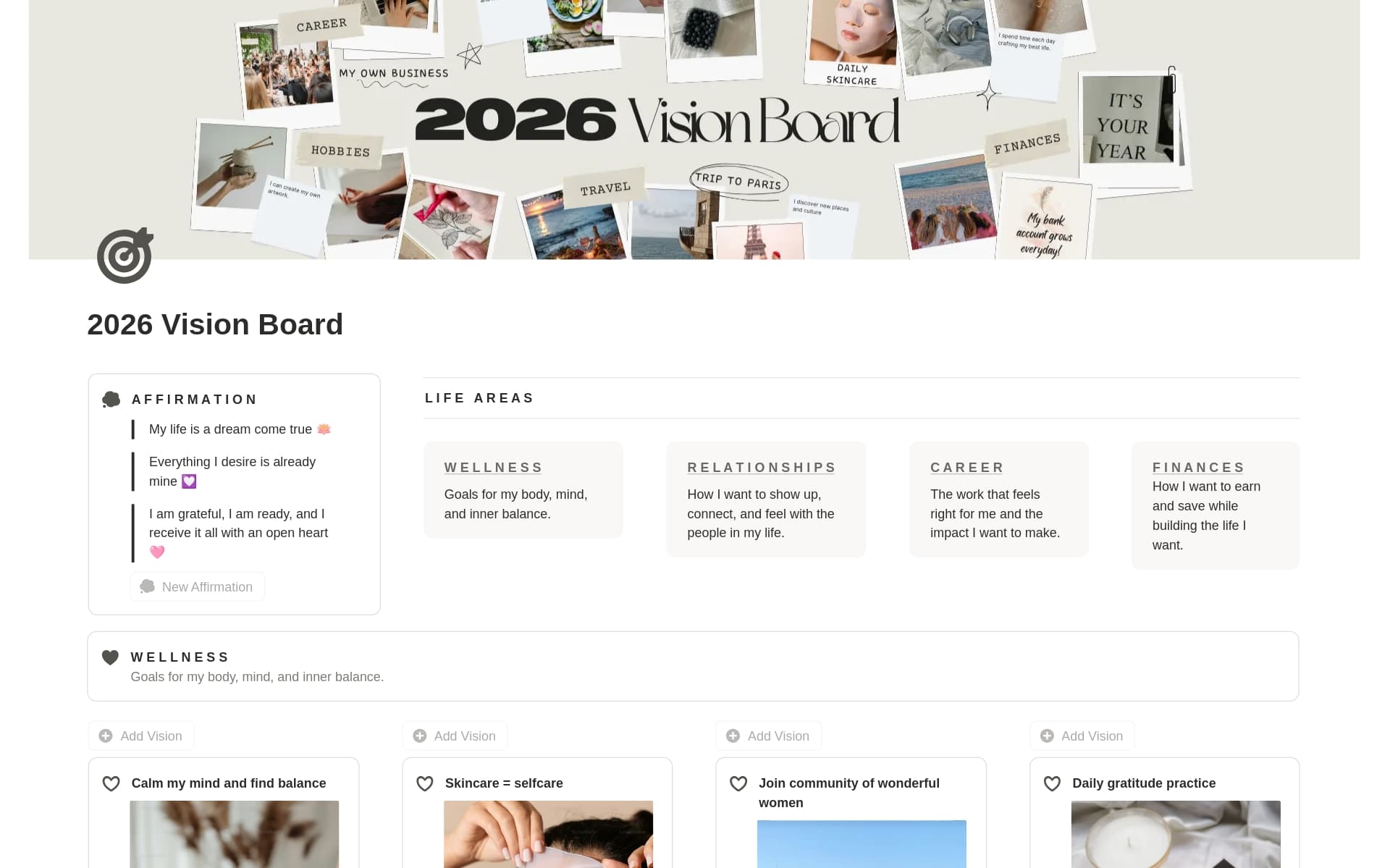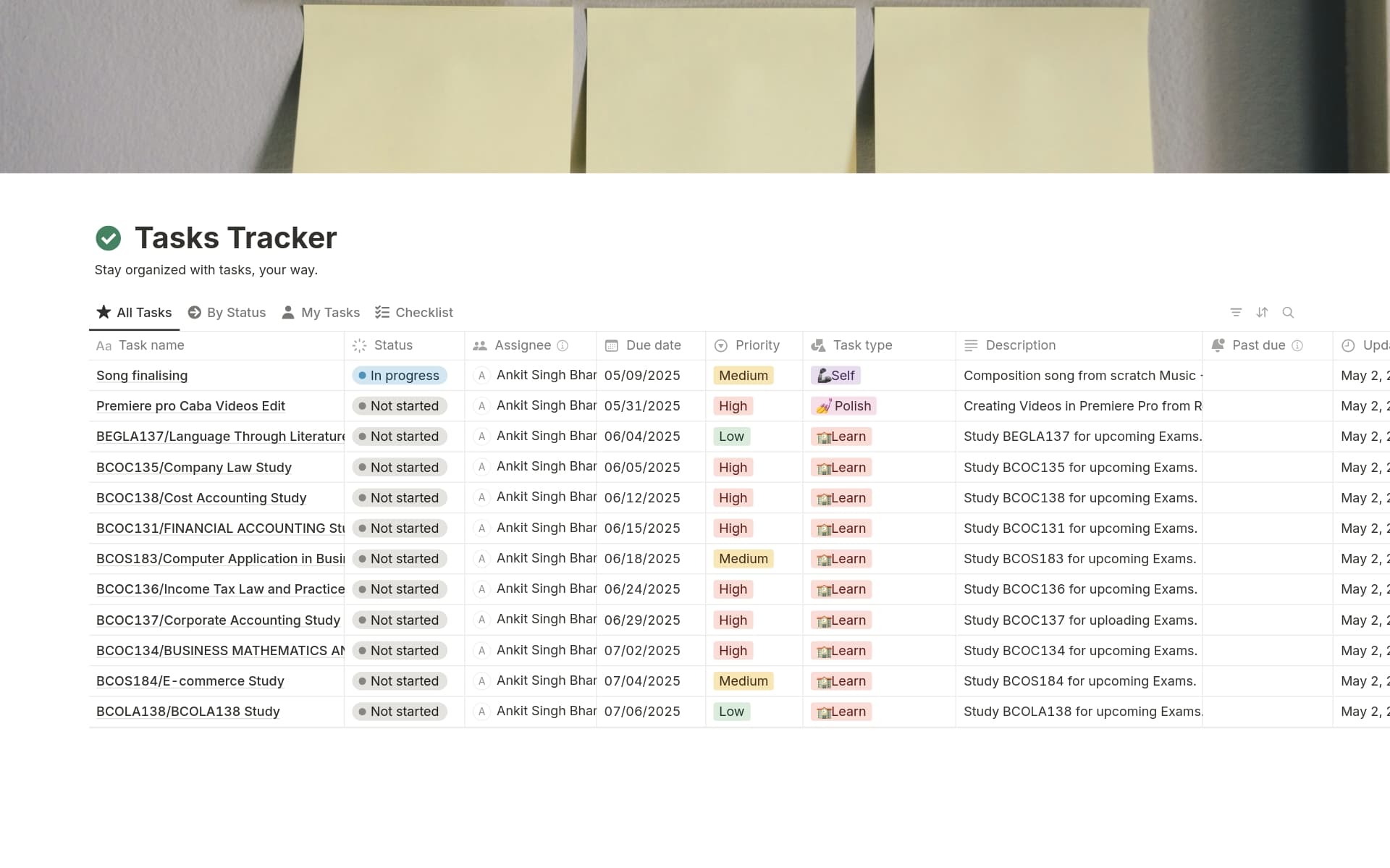Standup meetings offer front-end developers a format to share updates, identify blockers, and coordinate efforts with agility, leading to timely problem-solving and project advancements. A Standup Meeting template in Notion streamlines these gatherings, ensuring they are consistently productive by organizing discussion points, recording progress, and tracking action items. This approach transforms the simplicity of daily check-ins into a powerful tool for project momentum. Before creating your own Standup Meeting template, explore these options to streamline the process and enhance the efficiency of your team's communication and workflow.
What Should Standup Meeting Templates Include?
Choosing the right Standup Meeting Template can streamline your daily check-ins, ensuring they are efficient and effective. Here are key components to look for in a template:
Clear Objectives: The template should clearly outline the goals of the standup, helping team members stay focused on what needs to be discussed.
Time Limits: A good template will include specific time allocations for each segment of the meeting to keep discussions concise and on track.
Participant Roles: Clearly defined roles for each participant should be included to facilitate smoother transitions and clearer responsibilities.
Action Items: There should be a dedicated section for noting down action items and assigning responsibility, ensuring accountability and follow-up.
Selecting a template with these components will help maintain the pace and productivity of your standup meetings, making every minute count.
What Should Standup Meeting Templates Avoid?
Choosing the right Standup Meeting template is crucial for maintaining the focus and efficiency of your team's daily check-ins. Here are a few elements to steer clear of:
Overly Complex Questions: Avoid templates that include complex or overly detailed questions. They can turn a quick sync into a lengthy discussion, derailing the main purpose of a standup.
Irrelevant Metrics: Templates that focus on metrics not directly relevant to daily goals can distract the team. Stick to performance indicators that genuinely reflect daily progress and challenges.
Fixed Response Formats: Avoid templates that require responses in a specific format. Flexibility in communication encourages more genuine updates and fosters a better team dialogue.
Remember, the best templates are those that help keep the meeting on track and relevant to the team's immediate needs, enhancing productivity rather than hindering it.




